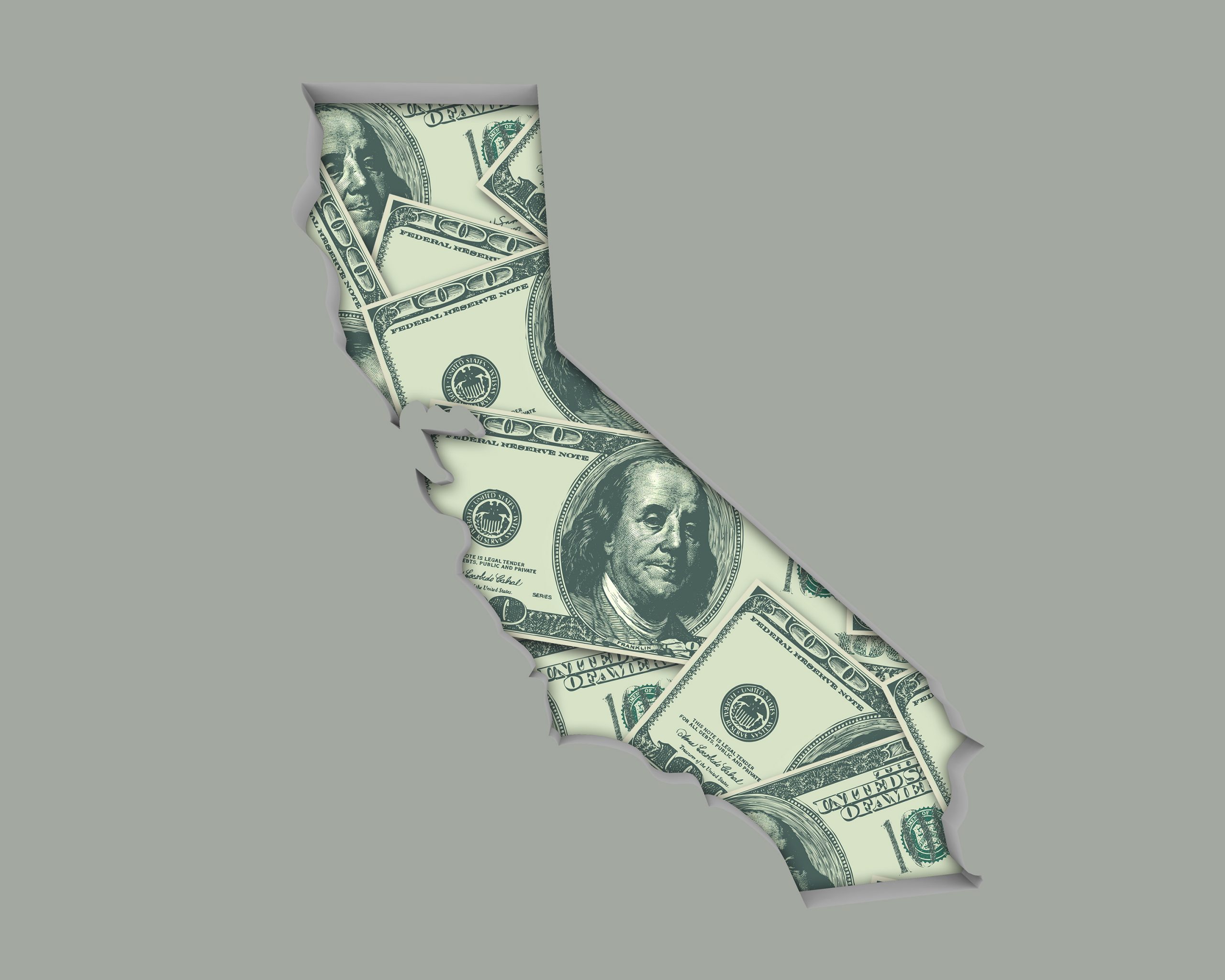California often operates on a different plane than the rest of the states. For instance, it has long set its own automobile emissions standards, which are stricter than the regulations Washington has assigned to the remainder of the country. California is also the lone holdout regarding transparency of government spending. While the former is a point of blue-state pride, the latter should be a source of shame to all.
For the last two decades, Open The Books – a government watchdog whose motto is “Every Dime. Online. In Real Time.” – has posted the line-by-line spending of every state “under open records laws” but the “golden” one.
Adam Andrzejewski, founder and CEO of Open The Books, said his organization has long been “battling” California “in this case over our freedom of information request” for a look at the state checkbook. Unable to penetrate the stone wall that’s built up over the years, his group sued under Article I, Section 3, of the California Constitution, as well as the state’s Public Records Act. The suit seeks to force the state controller “to disclose various records concerning state spending information.”
Despite “repeated attempts to obtain an adequate response from the Controller” since 2013, Open The Books has not been able to get past “various points (of) delay, silence, obfuscation, and inadequate justification for the agency’s refusal to provide a reasoned determination and responsive records.”
California Controller Betty Yee, who “is compelled by the state constitution to audit them, and therefore must be able to track those payments,” “has not disclosed and refuses to disclose even a single expenditure from last year,” says Andrzejewski. “She rejected our requests, saying incredibly, that she can’t” locate any of the bills she’s paid. He says the state pays out 49 million bills a year, or more, at a cost of about $320 billion.
While Yee has continually rejected the group’s requests, officials in other states have complied. In one case, the data arrived 30 days after a new official took office. In another – Illinois – suing the controller produced results: Within nine months the state produced seven years of data.
Andrzejewski is expecting legal efforts will pay off in California, as well.
“Our judge has been thoughtful and diligent throughout the case,” he told PRI. “With oral arguments finished, we are hopeful for an order that begins the process of opening the line-by-line state checkbook to sunshine for the first time in history. It’s an historic case.”
He’s anticipating the judge will make a ruling soon. But the data should have never been an issue in the first place. Full transparency that doesn’t require requests through official channels should have been required by Sacramento several generations ago. Lanhee Chen, a Stanford lecturer and (an on-leave) Hoover Institution fellow who is running for state controller, told City Watch that “even in Illinois, where past governors are in prison, they have transparency that we don’t have here in California. It’s unacceptable.”
It’s time for the state that likes to believe it’s a leader without rival to catch up with the rest of the nation. More than principle is at stake. As Open The Books noted in its legal complaint, “If the Controller truly cannot track its own use of government monies, then it cannot effectively stop waste, fraud, corruption, and taxpayer abuse.”
Kerry Jackson is a fellow with the Center for California Reform at the Pacific Research Institute.

